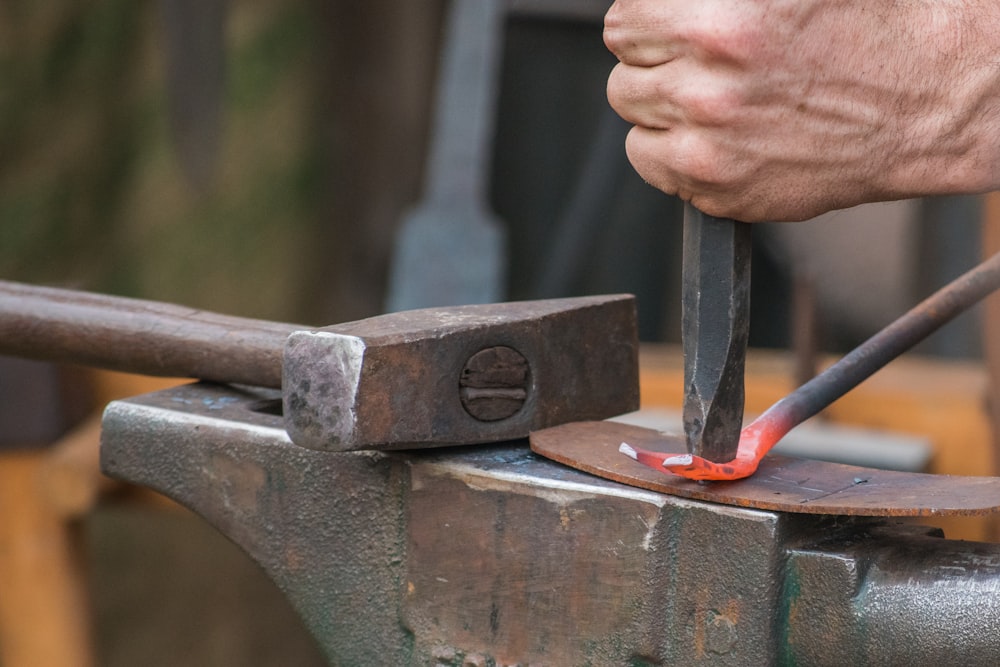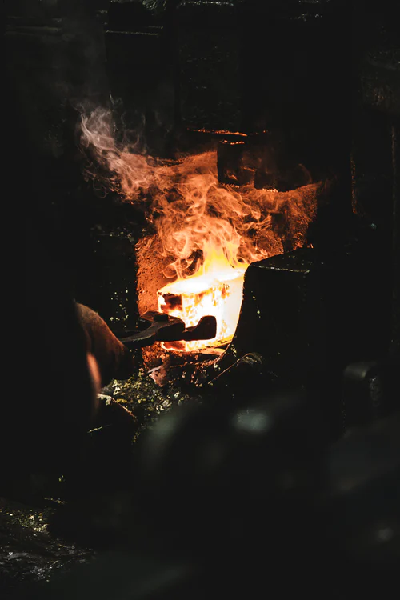What to look for in your company
Forging is essential to the oil and gas sector and makes up a large part of their day to day running. Most components for are made through open die forging. Certain components are vital to having an efficient business. Gas and oil forging companies produce variety of products including tension rings, custom flanges, and drill heads all of which are necessary for your business. Most companies will produce these products and more for you. It becomes difficult knowing which company to choose as most make the same products. This blog post will give you the all-important questions to ask, a potential forging company so you can make the best informed decision.
How do you keep us informed throughout the process?
Communication is vital for a good working relationship with your forging company. Making sure that you have a point of contact throughout the process and someone who deals with your issues specifically is important not only so you can be in control of the project but also giving you peace of mind. Make sure you ask them how frequent you will receive updates and how
How long will it take?
Ask them how long it will take for them to form oil and gas forgings. You can then compare for different quotes. Some businesses also offer an ‘express service’ which allows you to pay extra for a quick forging process.
Are your products bespoke?
Oil and gas forging is created with the intention of being made specifically for your company. Make sure you check that any part you order is made for you and your specifications. There is no point settling for a company that provides you with a standard part when most companies offer bespoke fittings.
What accreditations do you have?
Making sure that your oil and gas forging companies is certified to ISO 9001:2015, AS9100D, and Nadcap for NDT and heat treating, means you can rest assured that the custom open die forging that you ask for will be built to the very highest standard.

